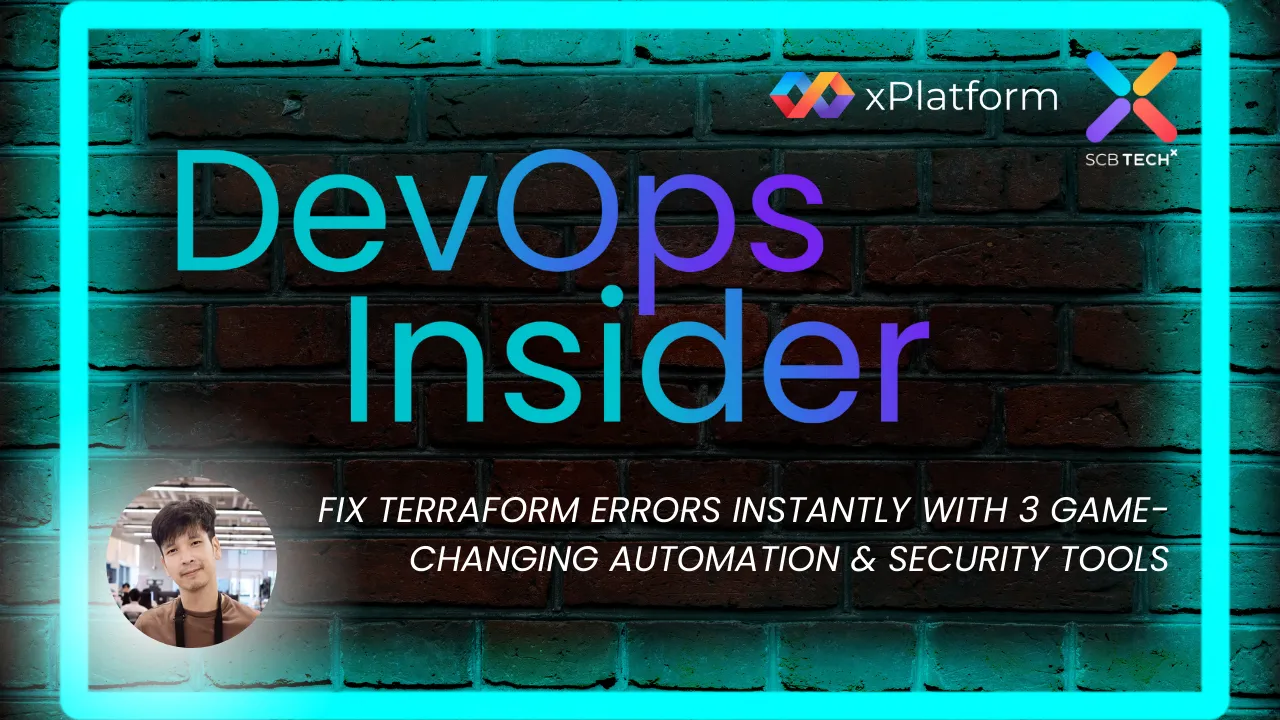
In today’s fast-changing digital environment, organizations face increasing pressure to adapt to new technologies. The traditional approach of maintaining physical servers and IT infrastructure is becoming obsolete, and businesses need to seek more agile and efficient solutions. Transitioning through a “digital transformation” is no longer optional but essential for staying competitive. Among the technological solutions available, cloud solutions have emerged as a fundamental tool for organizations seeking to enhance their operational efficiency and technological capabilities while reducing overhead costs.
What is a Cloud Solution?
A cloud solution refers to the delivery of computing resources and services over the internet, eliminating the need for physical infrastructure maintenance. Instead of investing in expensive hardware and dedicating valuable office space to server rooms, businesses can access computing power, storage, and applications through the internet. These solutions enable businesses to access and utilize various computing resources on-demand, transforming how organizations manage their IT infrastructure and operations.
Types of Cloud
Organizations can choose from 3 primary cloud deployment models, each offering distinct advantages for different business needs.
1. Public Cloud
This model offers services over the internet through third-party providers like Amazon Web Services (AWS), Microsoft Azure, Google Cloud, or Huawei Cloud Platform. The provider maintains all hardware, software, and supporting infrastructure, making it an economical choice for smaller businesses that don’t require private infrastructure.
Public cloud services operate on a shared infrastructure model, where multiple businesses have access to the same hardware, storage, and network devices, but each organization’s data remains isolated and secure from others.
This cloud option is particularly beneficial for:
- Organizations with fluctuating workload demands.
- Startups and small businesses looking to minimize capital expenditure.
- Applications with short-term usage requirements.
- Standard office applications like email and collaboration tools.
2. Private Cloud
A dedicated cloud environment specifically designed for a single organization. This option provides enhanced control and security measures, making it ideal for businesses handling sensitive data and requiring stringent compliance adherence. Private clouds can be hosted either on-premises or at a service provider’s data center, but the infrastructure is dedicated solely to one organization.
A private cloud model is particularly suitable for:
- Organizations in highly regulated industries.
- Government agencies handling sensitive data.
- Large enterprises require complete control over their IT environment.
- Businesses with specific performance requirements.
3. Hybrid Cloud
The hybrid cloud model combines both public and private cloud infrastructures, allowing organizations to leverage the benefits of both environments. As such, organizations can store sensitive operations on their private cloud while utilizing the public cloud’s scalability and cost-effectiveness for less-critical workloads.
A hybrid approach enables:
- Running sensitive workloads in the private cloud while using the public cloud for peak demand periods.
- Maintaining critical legacy applications privately while moving modern applications to the public cloud.
- Balancing security requirements with cost efficiency.
- Gradual migration from traditional infrastructure to cloud-based solutions.
Types of Cloud Service

Modern cloud services come in various forms, each designed to meet specific business needs and technical requirements. Understanding these service models is crucial for choosing the right solution for your organization.
1. Infrastructure as a Service (IaaS)
This fundamental cloud service provides virtualized computing resources over the Internet. Organizations can access storage, servers, and networking capabilities without investing in physical hardware, offering flexibility and cost-effectiveness. Some examples of IaaS include Amazon EC2, Google Compute Engine, and Microsoft Azure Virtual Machines.
IaaS providers handle all physical infrastructure while giving clients complete control over operating systems and software deployment, data storage and backups, network architecture and security, development and testing environments, and resource scaling based on their demand.
2. Platform as a Service (PaaS)
Platform as a Service, or PaaS, provides a complete development and deployment environment in the cloud. It includes infrastructure along with development tools, database management systems, and business analytics, enabling organizations to focus on application development without managing the underlying infrastructure.
PaaS offerings typically include development frameworks and tools, database management systems, business intelligence services, application deployment and hosting, and automatic scaling and load balancing. Popular PaaS solutions are Google App Engine, Heroku, and Microsoft Azure App Services.
3. Software as a Service (SaaS)
Software as a Service cloud model like Salesforce, Microsoft 365, and Google Workspace delivers software applications over the internet on a subscription basis. From email services to complex enterprise resource planning systems, SaaS eliminates the need for manual updates and maintenance while ensuring accessibility from anywhere.
SaaS applications usually offer immediate access to fully functional software Regular automatic updates and security patches, cross-platform compatibility, integration capabilities with other cloud services, and pay-as-you-go pricing models.
Benefits of Cloud Solutions
Implementing Cloud Solutions offers numerous advantages for modern businesses, transforming how organizations operate and compete in the digital age.
- Scalability
Organizations can easily adjust their computing resources based on demand, ensuring optimal resource utilization and cost efficiency. This elastic scalability translates into rapid response to changing business needs, automatic scaling during peak periods, resource optimization during quiet periods, no overprovisioning, and pay-only-for-what-you-use model.
- Cost Efficiency
By eliminating the need for physical infrastructure investment and maintenance, businesses can significantly reduce their IT expenditure while maintaining high-quality service delivery. Organizations can reduce capital expenditures on hardware, eliminate the need for dedicated IT infrastructure space, and create predictable operational expenses.
- Flexibility
Cloud server services enable employees to access resources from any location, supporting remote work capabilities and enhancing collaboration across teams. This flexibility provides various advantages for businesses, such as seamless remote work capabilities, cross-device accessibility, real-time collaboration features, improved work-life balance, and enhanced business continuity.
- Automatic Updates
Cloud service providers are responsible for handling system updates and maintenance, ensuring businesses always have access to the latest technology without additional effort. From regular security patches and performance optimizations to bug fixes and stability improvements, organizations can benefit from these services without the extra cost.
- Data Security
Leading cloud providers implement robust security measures, including advanced encryption and regular backups, protecting sensitive business information. Security features typically include enterprise-grade encryption, regular security audits, automated backup systems, and disaster recovery capabilities.
- Global Reach
Cloud solutions facilitate seamless operations across different geographical locations, supporting international business expansion and collaboration through multi-region deployment options, global resource optimization, and content delivery networks.
In the current digital age, Cloud Solutions have become essential for businesses seeking to maintain competitiveness and operational efficiency. Whether through public, private, or hybrid deployments, organizations can leverage various cloud services to enhance their capabilities while reducing costs. The benefits of cloud adoption extend beyond mere cost savings, enabling businesses to become more agile, secure, and innovative in their operations.
With providers like SCB TechX offering comprehensive cloud solutions in Thailand, businesses have access to expert guidance and support in their digital transformation journey.
Cloud Solutions Offerings from SCB TechX
As a leading innovative solution provider in Thailand, SCB TechX offers comprehensive cloud solutions tailored to meet diverse business needs, including:
- Cloud Foundation and Landing Zone (Cloud Accelerator Program): Enable organizations to establish a robust cloud foundation for future growth, ensuring secure and efficient cloud adoption.
- Cloud Security: Advanced cloud security solutions, including thorough security assessments and penetration testing, to protect organizations against emerging cyber threats.
- Cloud Migration: Our expert teams facilitate smooth transition of existing systems to the cloud, ensuring minimal disruption to business operations.
- Cloud Operation Management: Comprehensive management services ensure optimal performance of cloud environments.
In addition to cloud solutions, SCB TechX also offers innovative xPlatform and eKYC solutions for secure digital identity verification and comprehensive digital transformation offerings.
For more information about cloud solutions and digital transformation services, contact SCB TechX at contact@scbtechx.io
Facebook: SCB TechX
Medium: medium.com/scb-techx
LinkedIn: www.linkedin.com/company/scb-tech-x/
YouTube: SCB TechX




